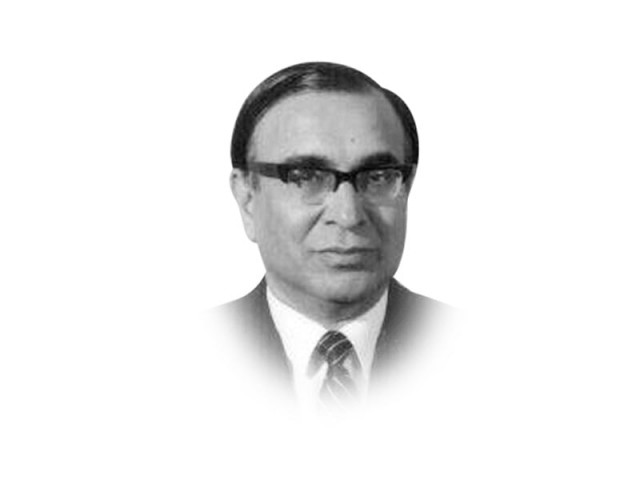Are generals compulsive interventionists?
The armed forces do not exist in vacuum and are already showing signs of candid self-appraisal.

On July 29, a long and tortuous interaction between the Turkish military and Prime Minister Erdogan’s Justice and Development (AKP) that had won a third election with decisive majority reached a watershed when the chief of the Turkish General Staff, General Isik Kosaner, and the chiefs of the army, air force and navy resigned. It was a moment of great importance as Turkey’s Supreme Military Council was about to make senior military appointments. In 1960, the Turkish army had overthrown the government of the Democratic Party and, in the following year, hanged Prime Minister Adnan Menderes, an event etched into Pakistani memory together with the martyrdom of ZA Bhutto. In 1971, it ousted no less a leader than Suleyman Demirel and imposed martial law. In 1980, General Kennen Evren seized power and gave Turkey a tough ‘Kemalist’ constitution. In his latest campaign, Recep Tayyip Erdogan repeatedly announced his intention to make significant amendments to the constitution. Despite this grim backdrop, Necdet Ozel, Hayri Kivrikoglu, Mehmet Erten and Emin Bilge took charge of the posts, respectively, of chief of general staff, and chiefs of army, air force and navy on August 4.
Rather than see this historic transition of military authority ordained by an elected government as a triumph or defeat by one side or the other, we in Pakistan should focus on how Prime Minister Erdogan, President Abdullah Gul and their associates in AKP transformed the political, economic and cultural landscape in just nine years and made it unnecessary and unacceptable for the generals to upset the apple cart. Turkey became a leading economic power; a Nato member that did not let Iraq be invaded overland through its territory and yet retained strong western links; and an EU applicant that turned the entrenched French opposition to its membership into an opportunity to diversify its economy and carve out a new regional role for itself. Above all, the AKP, an ‘Islam-sensitive’ party, made the military aware that the secularism that they evoked time and again had been left behind by a slow and peaceful evolution of Turkey’s Muslim culture that enriched the Kemalist Republic and did not supplant it. Opponents of military interventionism in Pakistan should look beyond the western cant and define how the context for the exercise of power can be changed through social and political progress. The armed forces do not exist in vacuum and are already showing signs of candid self-appraisal. Our politicians may still find them a trifle meddlesome when the elected leaders make no effort to deliver but clearly the generals betray no desire to return to the Musharraf dictatorship. In Karachi’s case, there have been imprudent demands for the army to come in. In 2002, Turkey was in shambles. And yet, the AKP showed integrity, determination and creativity to meet numerous challenges. Something similar needs to be done by Pakistan’s political class if it does not want to rekindle Bonapartist tendencies in the body politic.
Published in The Express Tribune, August 8th, 2011.
















COMMENTS
Comments are moderated and generally will be posted if they are on-topic and not abusive.
For more information, please see our Comments FAQ